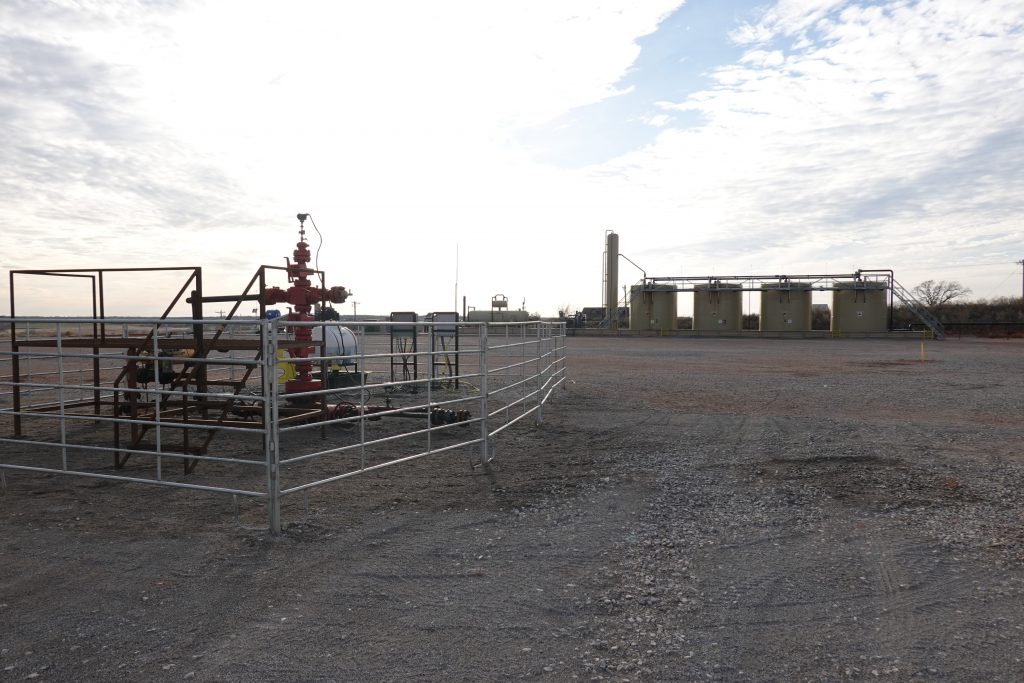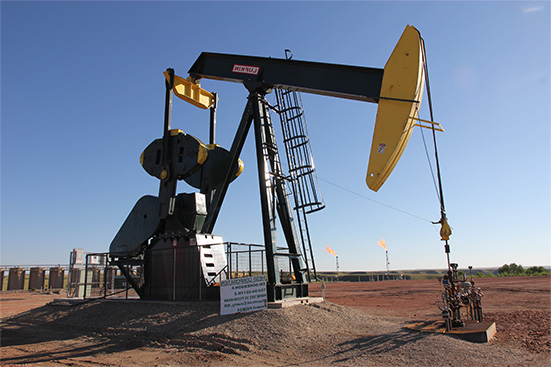
Oil and gas pooling is a joint approach where multiple owners of mineral rights join forces to enhance their operations by merging their interests. This strategy has gained significant traction in the oil and gas industry and is changing how oil and gas extraction is conducted.
However, some mineral owners may not be familiar with the concept of pooling, which is why this article aims to provide a clearer understanding of it.
What Is Pooling in The Oil and Gas Industry?
Pooling is a collaborative arrangement where several mineral rights owners willingly combine their interests in a particular area. It involves bringing together leased lands with adjacent leased tracts.
The main idea behind pooling is to maximize the exploration and production of minerals. By pooling their interests, mineral rights owners can work together to share costs, negotiate with oil and gas operators, and receive interests or royalties.
Typically, pooling happens when a specific amount of total acreage is required to attain a drilling permit. It is a way of consolidating different separate tracts of land and oil and gas leases into a single unit.
How Does Pooling Work?
Pooling begins with the creation of a pooling agreement, which outlines how resource owners will combine their interests, including ownership percentages and cost allocation.
Once the pooling agreement is in place, the next steps are relatively straightforward. A pooling unit is designated, bringing together all the mineral rights in a specific area. As oil and gas production starts, the generated mineral interests are distributed according to the ownership percentages and the allocation formula specified in the pooling arrangement.
Contact DW Energy
Want to learn more about oil & gas investing? Our expert team can provide you with more information or schedule a consultation to talk about diversifying your investment portfolio.

What Is a Pooled Unit?
A pooled unit refers to the merging of two or more tracts of land owned by different individuals, combining their mineral rights to focus on exploration and production activities.
When a pooled unit is formed, all the owners come to a mutual agreement to collectively develop and extract the oil within that specific area.
How Does Oil and Gas Pooling Benefit Landowners?
Pooling interests can bring several benefits to landowners:
- Increased Operational Efficiency – Pooling allows for the consolidation of different land parcels, leading to more efficient extraction operations. This consolidation facilitates better resource management, infrastructure development, and drilling activities, resulting in cost savings and improved operational efficiency.
- Enhanced Production Rates – The use of advanced technologies and pooling techniques lead to better overall production and recovery rates. This means that landowners can expect higher yields from their mineral resources.
- Risk Mitigation – Landowners can spread the risks associated with drilling and production operations across a larger area through pooling. This risk-sharing approach provides a level of protection against potential losses.
- Access to Expertise – By pooling interests, landowners gain access to the expertise of experienced and knowledgeable operators in the industry. This expertise can be invaluable in maximizing the potential of the pooled resources.
- Streamlined Management – With pooling, a landowner does not need to manage individual leases separately. Instead, they can deal with just one operator or entity, simplifying the management process and reducing administrative burdens.
Pooling is an important practice in the oil and gas industry. By combining multiple interests, landowners have the potential to enhance the value of their investments.
However, it is essential for all parties involved to understand the benefits and implications that come with pooling. Carefully review the provisions in the pooling clause to ensure they are beneficial to you, and that you receive the desired interests or royalties.
Contact dw energy
Sources:
“Pooling of Properties for Oil and Gas Production,” Michigan.Gov, https://www.michigan.gov/
“Oil and gas leasing: what is pooling?” Michigan State University, https://www.canr.msu.edu/news/oil_and_gas_leasing_what_is_pooling
“The Difference Between Pooling and Unitization,” Courthouse Direct, https://info.courthousedirect.com/blog/the-difference-between-pooling-and-unitization
